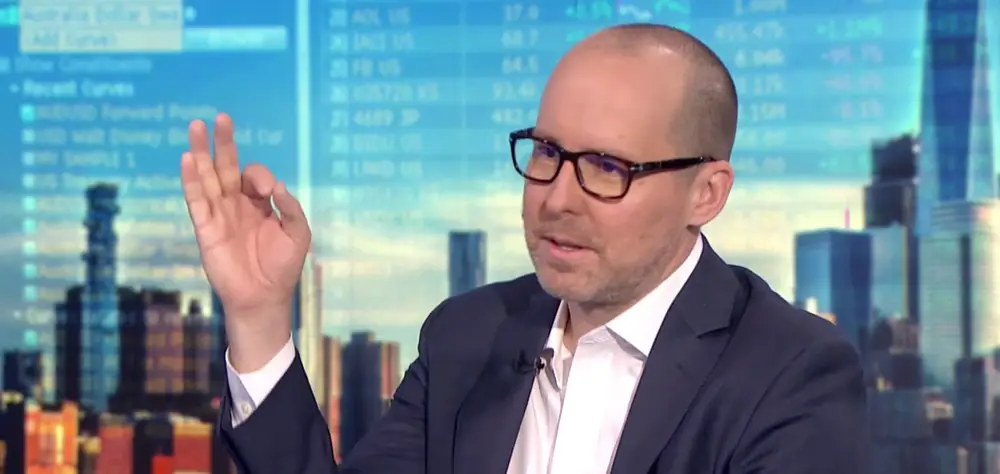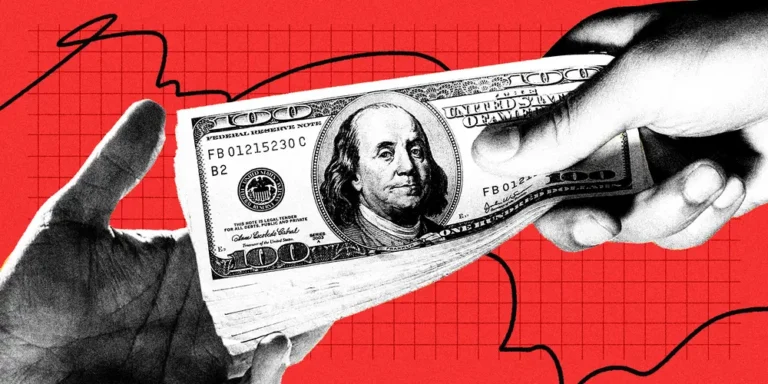The stock market’s euphoria-driven record highs are at risk of a painful downturn, ‘Black Swan’ investor says

“Black Swan” investor Mark Spitznagel thinks that the stock market’s streak of record highs is distracting from a more jarring reality that could come by year-end.
In a recent interview with Bloomberg TV, he said investors are currently enjoying a market that’s in a “Goldilocks zone.” In his mind, they’re focusing too much on positive drivers like disinflation and dropping rates. That’s built up overconfidence in the current market.
Instead, Spitznagel says they should focus more on catalysts that have a greater lag time, and which could send markets spiraling once they hit. Still, any sort of downturn could take a while longer, he admitted.
“I think this is going to continue more into sort of pure euphoria before it’s over,” he said.
Spitznagel specifically referenced the recent uninversion of the yield curve, which has historically been a reliable recession indicator.
“When the yield curve disinverts and then unverts, the clock starts ticking and that’s when you enter black swan territory,” Spitznagel told Bloomberg. “Black swans always lurk, but now we’re in their territory.”
Spitznagel said traders should be more focused on where the market will stand next year as the Fed cuts rates. In his opinion, the Fed was wrong to hike rates so much during the most recent tightening cycle, and that the economy will be forced to deal with those effects eventually.
“We really need to look back to ’22 and what happened there. That was a massive hike, a massive tightening that happened in the economy. Personally, I thought it was an enormous mistake at the time,” he said.
It’s not the first time Spitznagel has raised warning signs on the economy. He has warned of a stock market crash since January 2023, and back in July, he said the market’s yearslong rally has become the “greatest bubble in human history,” and its bursting would make for a recession.
Spitznagel heads Universa Investments, a fund that hedges bets on “Black Swan” events like the 2008 stock-market crash, the 2015 flash crash, and the start of the COVID-19 pandemic in early 2020. When such events occur, Spitznagel capitalizes on the sudden dislocations.






